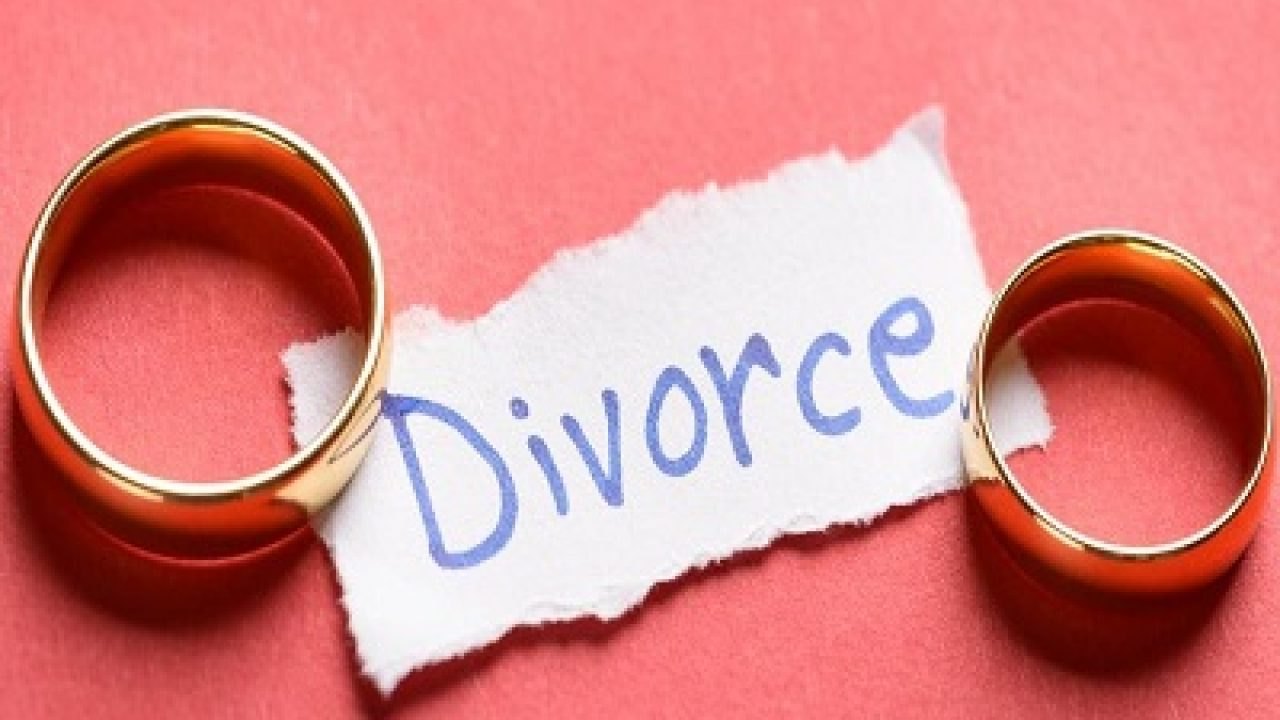
💔 Mutual Divorce in India: A Compassionate Path to Separation Mutual divorce, also known as uncontested divorce, is a legal process where both spouses jointly decide to end their marriage without assigning fault or blame. It reflects a mature, collaborative approach to separation—one that prioritizes dignity, emotional well-being, and legal clarity. 🧭 Why Choose Mutual Divorce? - Efficiency: The process is faster than contested divorce, often concluding within 6–7 months. - Cost-Effective: Fewer hearings and less litigation mean reduced legal expenses. - Emotionally Safer: Avoids public airing of grievances and minimizes trauma for both parties. - Privacy Preserved: Proceedings are more discreet, especially when handled via video conferencing. - Child-Centric: Allows couples to jointly decide on custody, visitation, and financial support. 📝 Legal Process of Mutual Divorce (Under Section 13B of Hindu Marriage Act, 1955) 1️⃣ Filing the Joint Petition - Both parties file a joint petition stating: - Irretrievable breakdown of marriage - No coercion or undue influence - Agreement on alimony, custody, and property division 2️⃣ First Motion Hearing - Court records statements and may allow video conferencing for oath-taking. - A cooling-off period of 6 months begins (can be waived under certain conditions). 3️⃣ Second Motion & Final Hearing - After the cooling-off period, both parties reaffirm their consent. - Court verifies continued mutual agreement and passes the decree of divorce. 📌 Key Considerations | Aspect | Details | | Cooling-Off Period | Can be waived if separation is over 1 year and parties are resolute | | Video Conferencing | Allowed with prior application citing valid reasons | | Child Custody | Can be joint or sole, based on mutual agreement | | Alimony & Maintenance | Must be clearly agreed upon and documented | | Property Division | Should be settled amicably and recorded in the petition | 🛡️ Emotional & Legal Support While mutual divorce is less adversarial, it still requires: - Legal guidance to ensure fairness and compliance - Emotional clarity to avoid future regrets - Documentation precision to prevent post-divorce disputes